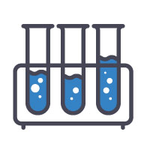What is Pharmaceutical Regulatory Affairs
The most dynamic job in the pharma and healthcare industry is pharmaceutical regulatory affairs. Generally, pharmaceutical regulatory affairs professionals ensure a company’s compliance with the government’s laws and regulations relating to their business. Each new case comes with a change in old regulations.
The drug development process is largely influenced by the pharmaceutical guidelines that cover quality and safety. Studying drug/pharmaceutical regulatory affairs helps in dealing with these aspects of the pharma or healthcare industry. As a professional in the regulatory affairs area, one can work in drug development industries, food industry, cosmetic industry etc.
In India, admission into pharmaceutical regulatory affairs is provided as a post-graduate program in Pharmacy.
Eligibility Criteria (UG & PG) of Pharmaceutical Regulatory Affairs
All candidates aspiring for admission into M.Pharm programmes must have graduated (preferably a Bachelor’s degree in Pharmacy) from a university recognised by the Pharmacy council of India.
The graduation must be complete with 50% or more marks in aggregate (45% for SC/ST/OBC/PH category).
Candidates waiting for their graduation results can also apply for admission on a provisional basis.
Pharmaceutical Regulatory affairs Entrance exams
Most of the reputed colleges provide admission based on relevant entrance exams like GPAT (General Pharmacy Aptitude test).
Some colleges admit candidates based on their performance at the graduation level.
However, certain institutes conduct their entrance test for admission into M.Pharm in Pharmaceutical Regulatory Affairs.
Top entrance exams are mentioned below;
GPAT (Graduate Pharmacy Aptitude Test) - The entrance test is conducted by the National Test Agency (NTA) once in a year. Questions based on chemistry and pharmaceutical knowledge will be asked during the entrance examination.
MAHE or MET- Manipal College of Pharmaceutical Science conducts the Manipal Entrance Test, a university-level exam, which offers admission into M.pharma programmes.
SRM Medical Entrance Exam- Candidates can apply for SRMHSEE to avail admission into various medical and pharmacy courses in SRM university. Candidates can submit their application form online.
College Predictors VIEW ALL
Scope of Pharmaceutical Regulatory Affairs in India and Abroad
Medicines play a vital role in the lives of humans. Hence, there must be rules and regulations on the quality and safety of these life-saving drugs.
Even though Pharmaceutical Regulatory affairs is a relatively new professional path, it is quite important in a world where a new molecule is invented daily. A regulatory affairs professional is the only one who is responsible for holding pharmaceutical products in compliance and maintaining records.
A small mistake in any of the regulatory activities could cause a huge loss for an industry.
Regulatory Affairs has a great scope all over the world. The Indian pharmaceutical market is expanding everyday and largely depends on the export market. To cope with the rules and regulations of every country, the pharmaceutical industry is in great need of experts in Regulatory affairs.
Course Fees Pharmaceutical Regulatory Affairs
| Minimum Fees | Maximum Fees | |||
|---|---|---|---|---|
| Private | Government | Private | Government | |
| UG | ||||
| PG | ||||
| DOCTORAL | ||||
| DIPLOMA | ||||
Course Subjects
- National Regulatory Affairs
- Clinical Trials & Healthcare Policies
- GLP, GMP, Quality
- Drug Approval & International Drug Regulations
- Modern Analytical Techniques
- Biostatistics & Computer Applications
- Drug approval and International drug regulations
- Communication skills
- Foreign languages
- Behavioural science
Careers in Pharmaceutical Regulatory Affairs
Building a career in Regulatory affairs helps one gain soft skills like communication and technical skills like a thorough knowledge of drug development. Regulatory affairs offer a good career growth with it being a versatile profession.
RA professionals with entry-level jobs generally do works that include data entry and collection. Higher-level positions require experts in the field who can work with reviews and approvals with regulatory authorities. They play an important role in strategic planning for drug development.
As one gains experience, it is easy to move from entry-level jobs to higher-level jobs with better payment options. The growing drug industry is opening up more and more job positions for experts in the regulatory affairs field.
Upcoming trends
The laws and regulations in the healthcare and pharma industry are ever-changing. The demand for a qualified professional who can understand and handle the regulatory field is ever increasing.
Mentioned below are some trends to look out for;
New perspectives in Drug discovery
Reliance on technology for drug development
Changing legislation and regulations on various drugs
Advanced trends in the medical field
The above-mentioned trends are making new developments and making the careers of RA professionals more exciting.
Job Profiles and Top Recruiters
Pharmaceutical Regulatory Affairs Job Profiles
Jobs in the field of regulatory affairs are diverse. One can seek work in clinical research institutes, pharmaceutical companies, universities and more.
Some of the most sought-after job profiles are listed below;
Job Title | Job Description |
Regulatory affairs associate | Regulatory affairs associates’ responsibilities include knowing all the regulations and rules of the industry they work for and ensuring the guidelines are followed. They are also required to establish rules and standards for specific tasks and processes. |
Drug inspector / Quality control inspector | A drug inspector is required to perform field duty. They carry out drug inspection tasks and enforcement activities. |
Regulatory compliance manager | Specific job responsibilities of the Regulatory compliance manager depends on the industry. They are required to ensure safe and ethical practices in the organisation. |
Drug safety specialist/ associate | Drug safety specialists work in the industry of medicine. They monitor and evaluate the safety of pharmaceutical drugs. They also analyse clinical trials and write reports. |
Medical Information associate | Medical information associates work as product specialists that communicate with clients to provide accurate data about the products. |
Other pursuable jobs; Regulatory Affairs Consultant, Regulatory Food Safety Scientist, Bio-technician, Change Control Specialist and more.
Average Salary
Job Title | Average Salary |
Regulatory affairs associate | Rs. 5 Lakhs p.a. (Approx.) |
Drug inspector / Quality control inspector | Rs. 7 Lakhs p.a. (Approx.) |
Regulatory compliance manager | Rs. 6 Lakhs p.a. (Approx.) |
Drug safety specialist/ associate | Rs. 6 Lakhs p.a. (Approx.) |
Medical Information associate | Rs. 4 Lakhs p.a. (Approx.) |
Required Skillset for Pharmaceutical Regulatory Affairs
Top recruiters look for some basic communication skills from a RA expert. Some of the skills required for an exciting career in RA are mentioned below
Theoretical knowledge- To become an pharmaceutical regulatory affairs expert, theoretical knowledge on legislations related to medical products is a must. Understanding the technical details involved in regulatory submissions is a great advantage. These days industries expect RA professionals to have a thorough knowledge in the health products and drug development sector.
Critical thinking- An pharmaceutical regulatory affairs professional job largely includes following up with the regulatory changes on drug development and authorisation procedures. Ability to break down complex information in a comprehensible manner is important.
Writing and Oral skills- An pharmaceutical regulatory affairs expert must be prepared to write and review the bundles of documents on quality, safety and efficacy. A certain amount of linguistic skills is required to come up with documents that are in order with legal requirements. Being an effective communicator has its advantage when it comes to establishing a relationship with the regulatory authorities and in the marketing department. Fluency in different languages is a feather on the cap.
Organising skills- Managing a wide range of duties like coordinating and advising is a part of an pharmaceutical regulatory affairs professional everyday life. Hence, being detail-oriented and managing work activities is important.
Business skills- It is vital for RA experts to also cultivate business skills to be able to combine regulatory knowledge into business strategies.
Course Curriculum for Pharmaceutical Regulatory Affairs
The course aims to provide an extensive education in the essential aspects of Regulatory compliance in the pharma industry. The course encourages qualified candidates to improve their knowledge of regulatory issues which can further help them with their future career.
Completion of this course opens up the student to pursue different careers in the healthcare sector as well as drug development industries.
Popular Pharmaceutical Regulatory Affairs Entrance Exams in India
GATE
Declaration of Result: 19 Mar, 2026
GPAT
Exam Date: 07 Mar, 2026
MET
Application Process: 30 Sep, 2025 - 15 Mar, 2026
APPGCET
Application Process: 09 Feb, 2026 - 09 Mar, 2026
AP PGECET
Application Process: 06 Feb, 2026 - 06 Mar, 2026
TS PGECET
Exam Date: 28 May, 2026 - 31 May, 2026
OJEE
Application Process: 28 Jan, 2026 - 22 Mar, 2026
Frequently Asked Questions (FAQs)
Question: Why should I choose Pharmaceutical RA?
Answer :
The field of RA offers stable career options and provides plenty of opportunities for advancement.
Question: What is CMC in Pharmaceutical RA?
Answer :
Chemistry Manufacturing and control RA plays an important role in the development, licensing and manufacturing of pharmaceutical products.
Question: What is the main difference between Regulatory Affairs and Medical affairs?
Answer :
Medical affairs professionals act as disease experts, and they work along with regulatory affairs to ensure all the guidelines and standards are met, legally.
Question: How does RA work in pharmaceutical companies?
Answer :
RA is a profession which was developed because of the government's desire to protect consumer health by maintaining the safety and quality of products. These products also include pharmaceuticals.
Question: How do you gain experience in the field of Pharmaceutical Regulatory affairs?
Answer :
Pharmaceutical Regulatory affairs jobs often expect at least 2 years of experience in the industry. Internships are a great way to gain the required experience in the field.
Questions related to Pharmaceutical Regulatory Affairs
i completed my B.pharm and now doing m.pharm in pharmaceutical regulatory affairs. am i eligible for attempt drug inspector exam
Hi,
The recruitment to the position of Drug Inspector is conducted by UPSC and also various state PSCs on an annual basis. Aspirants should hold a Bachelor's degree in Pharmacy or its related subjects from any PCI recognized University. One should have a minimum of 18 months experience in the
i got pgcet rank 460 will I get seat in AU University for pharmaceutical regulatory affairs
Hi, there are total 18 seats available so the chances of you getting in to that university are a little slim. Since, there are no released data about the cut-off it is hard to say for sure about you getting into the college. It is strongly recommended that you side
Which college does provide master of pharmacy in drug / pharmaceutical regulatory affairs ,and there admission criteria.
Hey Aspirant
Their are many colleges which provide the course here is the list below and admission process which you have to follow:
College of Medicine and Health Sciences Chennai
Indukaka Ipcowala College of Pharmacy Gujarat
Vijaya College of Pharmacy Hyderabad
Maharishi Dayand University Rohtak
Ch. Bansilal University Bhiwani
Amity





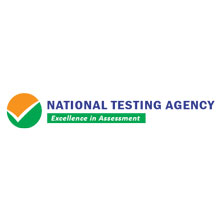

.jpg)
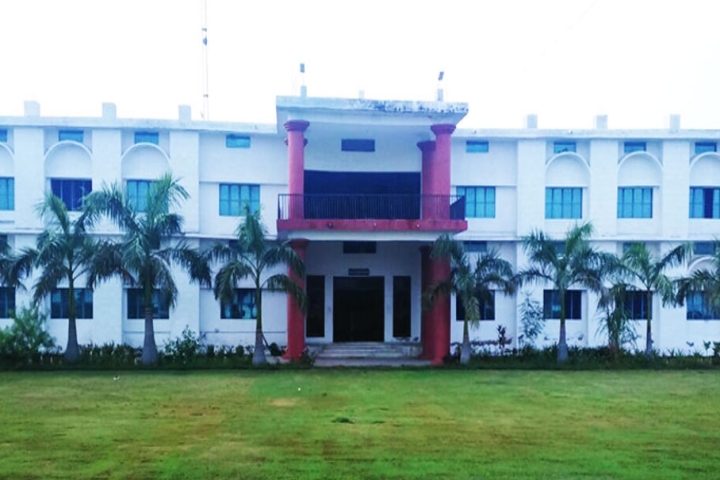
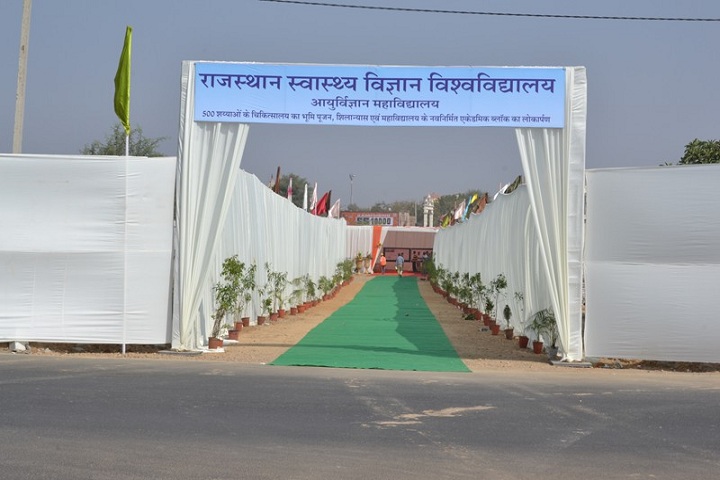

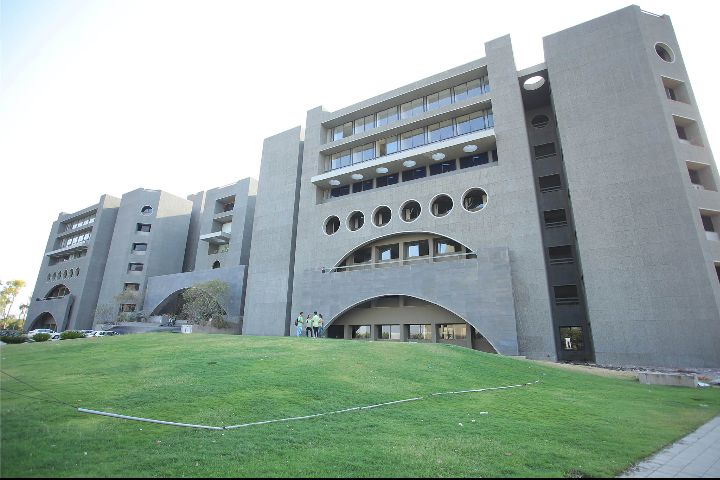

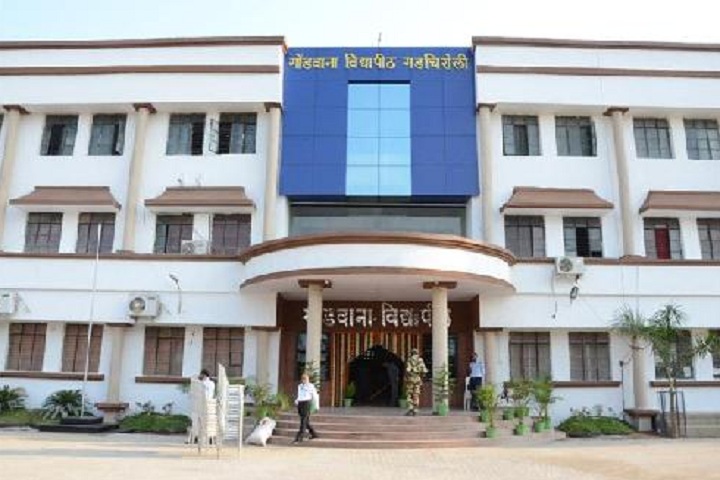

 Answer later
Answer later

